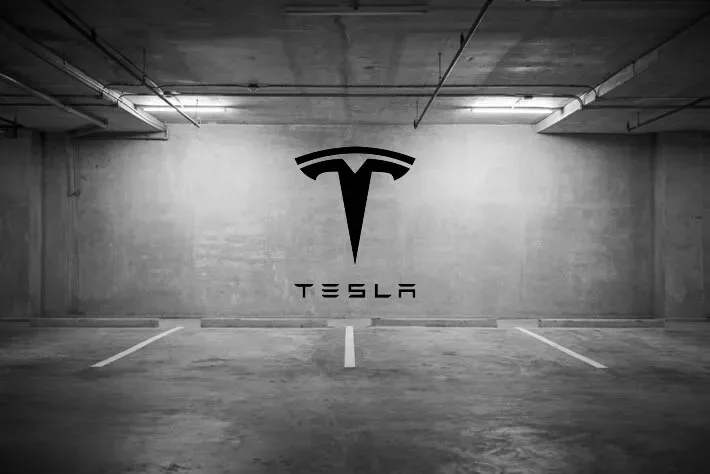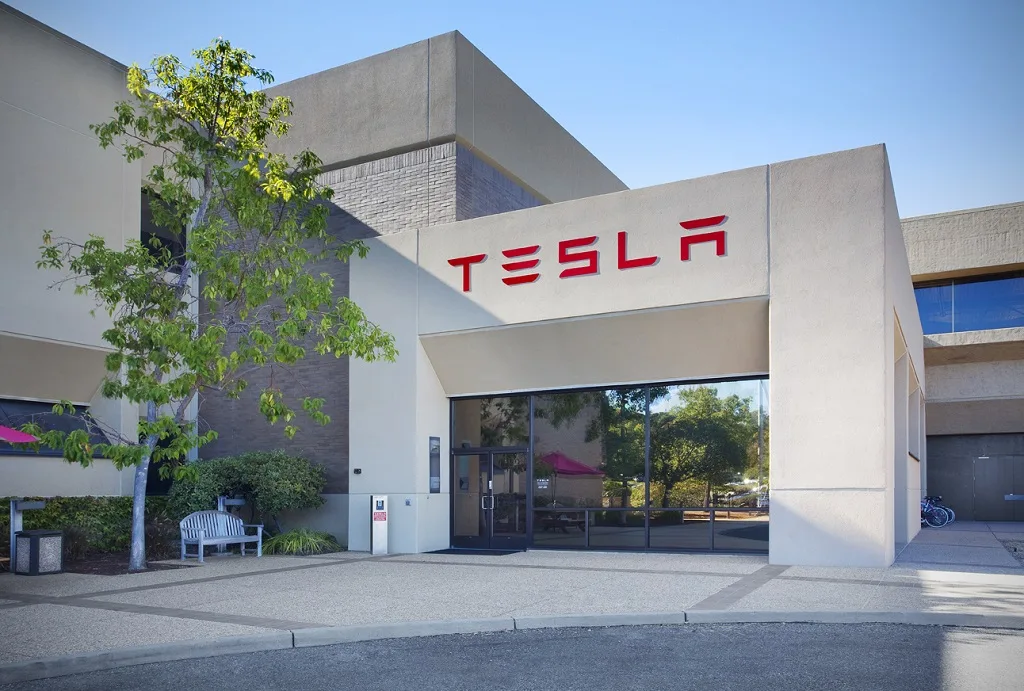
The Success Story of Tesla
Tesla, Inc., an American electric vehicle and clean energy company, has redefined the automotive and energy industries with its relentless pursuit of innovation. Founded in 2003 by engineers Martin Eberhard and Marc Tarpenning, the company was later joined by Elon Musk, who became its most prominent figure. Tesla’s mission was to accelerate the world’s transition to sustainable energy, a goal that has driven its strategy and development from the outset.
From the beginning, Tesla positioned itself as a pioneer in electric vehicles (EVs), focusing on developing high-performance, zero-emission cars. The company’s initial product, the Tesla Roadster, launched in 2008, served as a proof of concept for the viability of electric cars. The Roadster’s success laid the foundation for Tesla’s future models, including the Model S, Model X, and Model 3, each of which contributed to the company’s growing reputation as an industry leader.
Early Challenges and Strategic Breakthroughs
Tesla’s journey has not been without significant challenges. The company faced numerous obstacles, from scepticism about the feasibility of electric vehicles to financial struggles. In its early years, Tesla struggled to secure enough funding to continue its ambitious projects. The high cost of battery technology and the limited infrastructure for electric vehicles posed significant hurdles. Moreover, the global financial crisis of 2008 further strained Tesla’s financial position, pushing the company to the brink of bankruptcy.
Despite these difficulties, Tesla’s leadership remained steadfast in their vision. Elon Musk personally invested millions to keep the company afloat during its most challenging periods. Strategic partnerships, such as the collaboration with Daimler AG, provided much-needed capital and credibility. Additionally, Tesla’s decision to build its battery production capabilities in-house with the Gigafactory initiative was a game-changing move, addressing one of the most significant cost factors in EV production.
Overcoming Obstacles and Redefining the Industry
Tesla’s journey to success is marked by its ability to overcome seemingly insurmountable obstacles. The development of its Gigafactory in Nevada revolutionised battery production, significantly lowering costs and allowing Tesla to scale its operations. This move not only secured Tesla’s supply chain but also positioned the company as a leader in battery technology, which is crucial for the future of both electric vehicles and energy storage solutions.
Furthermore, Tesla’s direct-to-consumer sales model disrupted the traditional car dealership model. By selling directly to consumers, Tesla ensured better control over the customer experience and maintained higher profit margins. This approach, coupled with its innovative marketing strategies and the creation of a strong brand identity, helped Tesla build a loyal customer base.
In addition, Tesla’s commitment to innovation extended beyond vehicles. The company’s advancements in autonomous driving technology, energy products like the Powerwall and Solar Roof, and software updates that continuously improve vehicle performance have set Tesla apart from its competitors. These innovations have solidified Tesla’s reputation as a forward-thinking company that is shaping the future of transportation and energy.

Achievements and Milestones
Tesla’s achievements are a testament to its visionary approach and resilience. The launch of the Model S in 2012 marked a turning point for the company, as it demonstrated that electric vehicles could outperform traditional combustion engine cars in terms of speed, range, and safety. The Model S received widespread acclaim, earning numerous awards, including the prestigious Motor Trend Car of the Year.
Following the success of the Model S, Tesla introduced the Model X, a luxury SUV, and the more affordable Model 3, which aimed to bring electric vehicles to the mass market. The Model 3’s success was unparalleled, becoming the best-selling electric car globally and solidifying Tesla’s position as the leader in the EV market.
Tesla’s impact is not limited to the automotive industry. The company’s energy division, Tesla Energy, has made significant strides in renewable energy solutions, offering products like the Powerwall, Powerpack, and Solar Roof, which have the potential to transform how energy is produced and consumed. Tesla’s achievements in both the automotive and energy sectors underscore its role as a major player in the global push towards sustainability.
The Legacy of Tesla
Tesla’s legacy is one of innovation, disruption, and a relentless pursuit of a sustainable future. The company has not only revolutionised the automotive industry but has also played a crucial role in advancing renewable energy technologies. Tesla’s success story serves as an inspiration for companies worldwide, demonstrating the power of visionary leadership and the importance of staying true to one’s mission.
Elon Musk’s vision of a sustainable future has driven Tesla to continuously push the boundaries of what is possible. The company’s achievements have paved the way for a new era of transportation and energy, one that prioritises sustainability and innovation. Tesla’s legacy will undoubtedly be defined by its contributions to creating a cleaner, more sustainable world.
Looking ahead, Tesla’s influence is likely to grow as it continues to innovate and expand into new markets. With upcoming projects like the Cybertruck, the expansion of the Gigafactories, and advances in autonomous driving technology, Tesla is poised to remain at the forefront of the industries it has helped transform.
